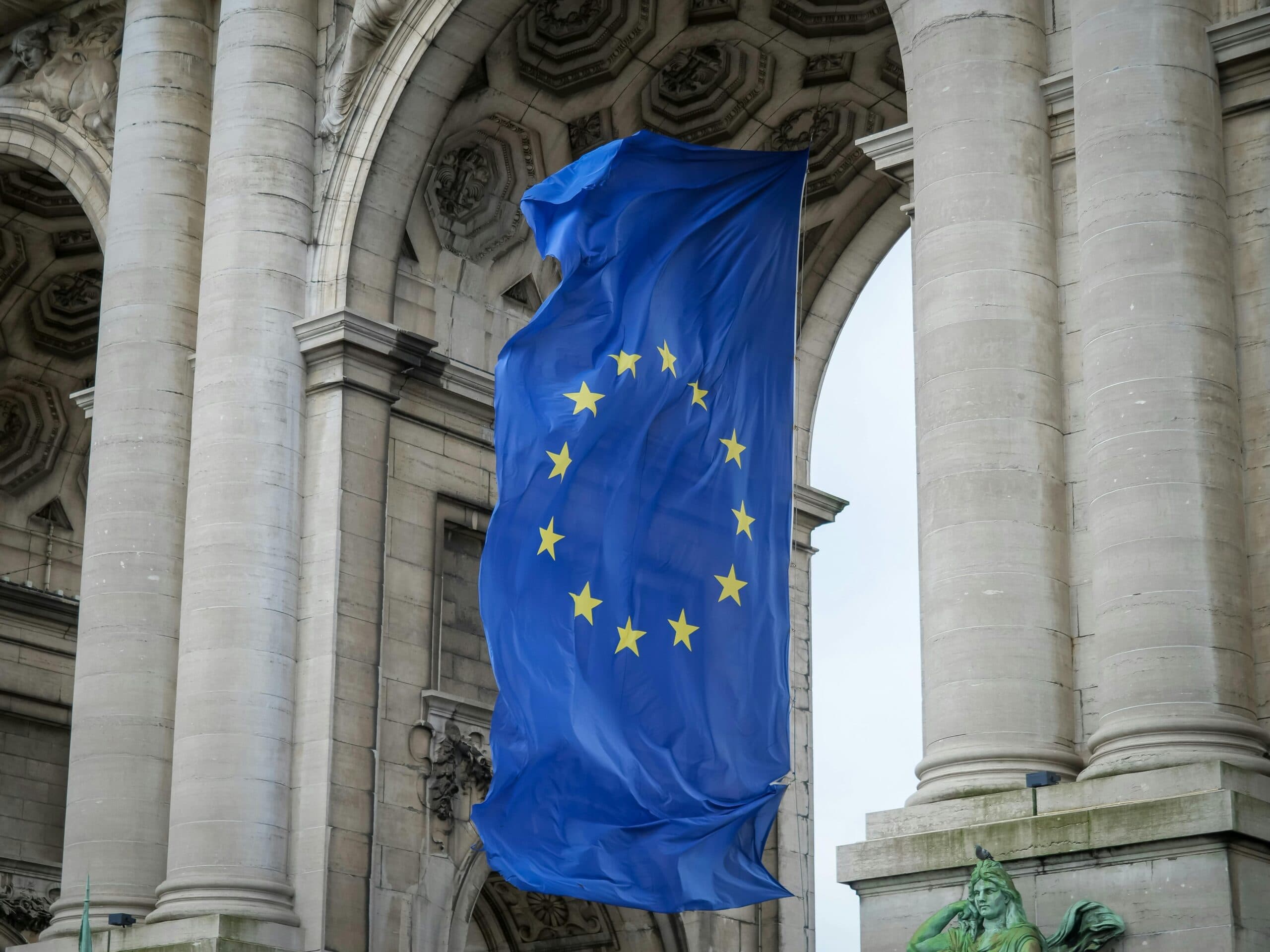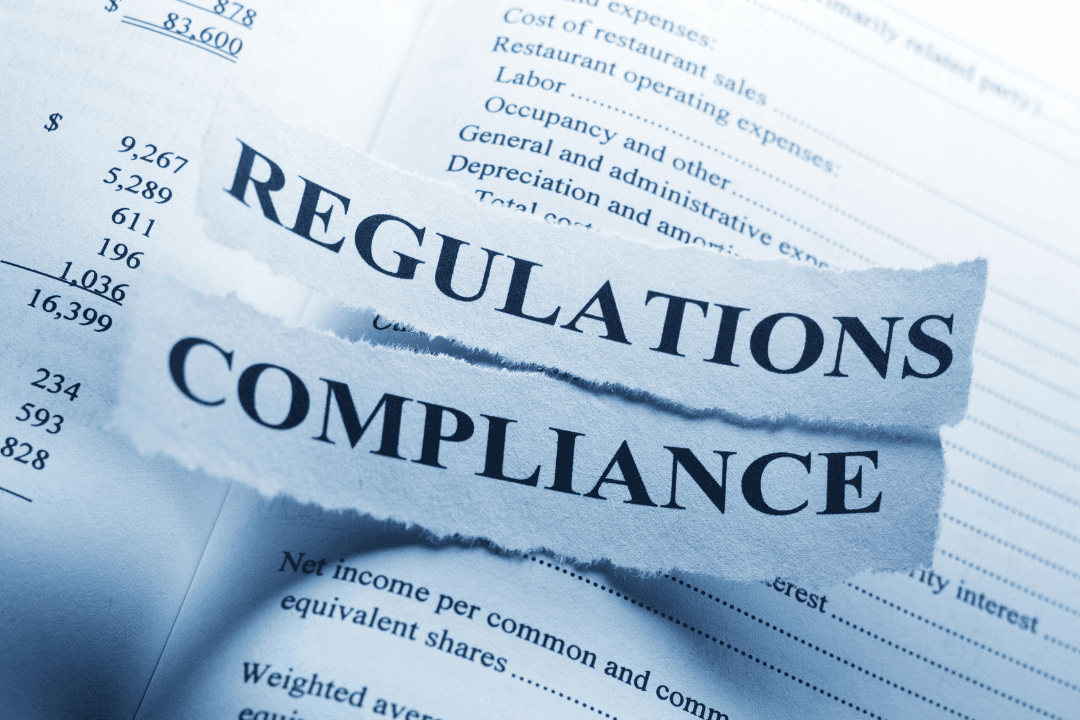
How the regulatory landscape is redefining digital agreements

Digital agreements and identity verification are undergoing a significant transformation, driven by new regulations and technological advancements. A defining development in this shift is the introduction of eIDAS 2.0, which provides a secure framework for digital identities across the European Union (EU). Combined with advancements in Anti-Money Laundering (AML) and global data protection laws, businesses must proactively evolve their digital processes to remain compliant.
Understanding eIDAS 2.0 and other regulations
eIDAS 2.0 is part of a broader regulatory trend aiming to enhance security and trust in all digital transactions. To keep up with these changes, businesses must implement more robust systems to verify identities and prevent fraud. At the same time, updates to data protection regulations like the GDPR require businesses to advance their efforts in safeguarding personal data while meeting increasingly complex standards.
Key objectives of the eIDAS 2.0 regulation include:
- Simplifying cross-border digital identity verification for individuals and businesses within the EU.
- Strengthening the validity of electronic signatures, installing greater confidence in digital agreements.
- Streamlining secure and efficient trade, helping businesses comply with regulations in different member states.
- Meeting stricter AML/KYC requirements, making it easier to securely sign digital documents.
- Introducing the European Digital Identity Wallet (EUDI), aiming to promote a more integrated digital market across Europe.
Partnering with Scrive
Scrive plays a crucial role in helping businesses adapt to the new regulatory demands, while also enabling them to seize opportunities. By combining advanced technology with legal expertise, Scrive supports companies in navigating the regulatory landscape and aligning their operations accordingly. This way, they can focus on growth and success, while still maintaining the highest level of compliance.
Scrive is able to offer:
- Advanced security features: Blockchain technology ensures digital signatures are tamper-proof, with an audit trail for every document.
- Flexibility and scalability: Scrive’s solutions are adapted to the latest regulatory standards, helping businesses stay ahead of the curve.
- Trusted partnerships: Collaborations with identity verification providers and regulatory experts ensure that Scrive’s technology stack is at the forefront of compliance.
- Proactive tracking: Continuous monitoring of regulatory updates across regions provides customers with peace of mind, allowing them to focus on business while Scrive handles the complexities.
The future of digital agreements
Over the next 5-10 years, the digital agreement sphere is set to continue evolving alongside further regulatory changes. These are only some of the developments we can expect to see:
- Improved interoperability: Digital identities will become more universally accepted, reducing friction in global transactions.
- Increased reliance on AI and biometrics: Advanced technologies will play an important role in fraud prevention and identity verification.
- Stricter data regulations: Governments and regulatory bodies will demand tougher controls over how data is stored and managed.
- Further adoption of blockchain: Tamper-proof records will likely become the standard for securing digital documents.
But – with Scrive – organisations can leverage innovative solutions to build trust and continue thriving in the digital economy. Reach out today to learn more.
Related articles


Compliance in action
Discover how businesses are turning to Scrive to transform compliance into a strategic advantage while enhancing customer trust.
Read article
Following QTSP status, Scrive launches Qualified Electronic Signatures with BankID
Following QTSP status, Scrive launches Qualified Electronic Signatures with BankID to enhance security of Nordic business transactions.
Read article